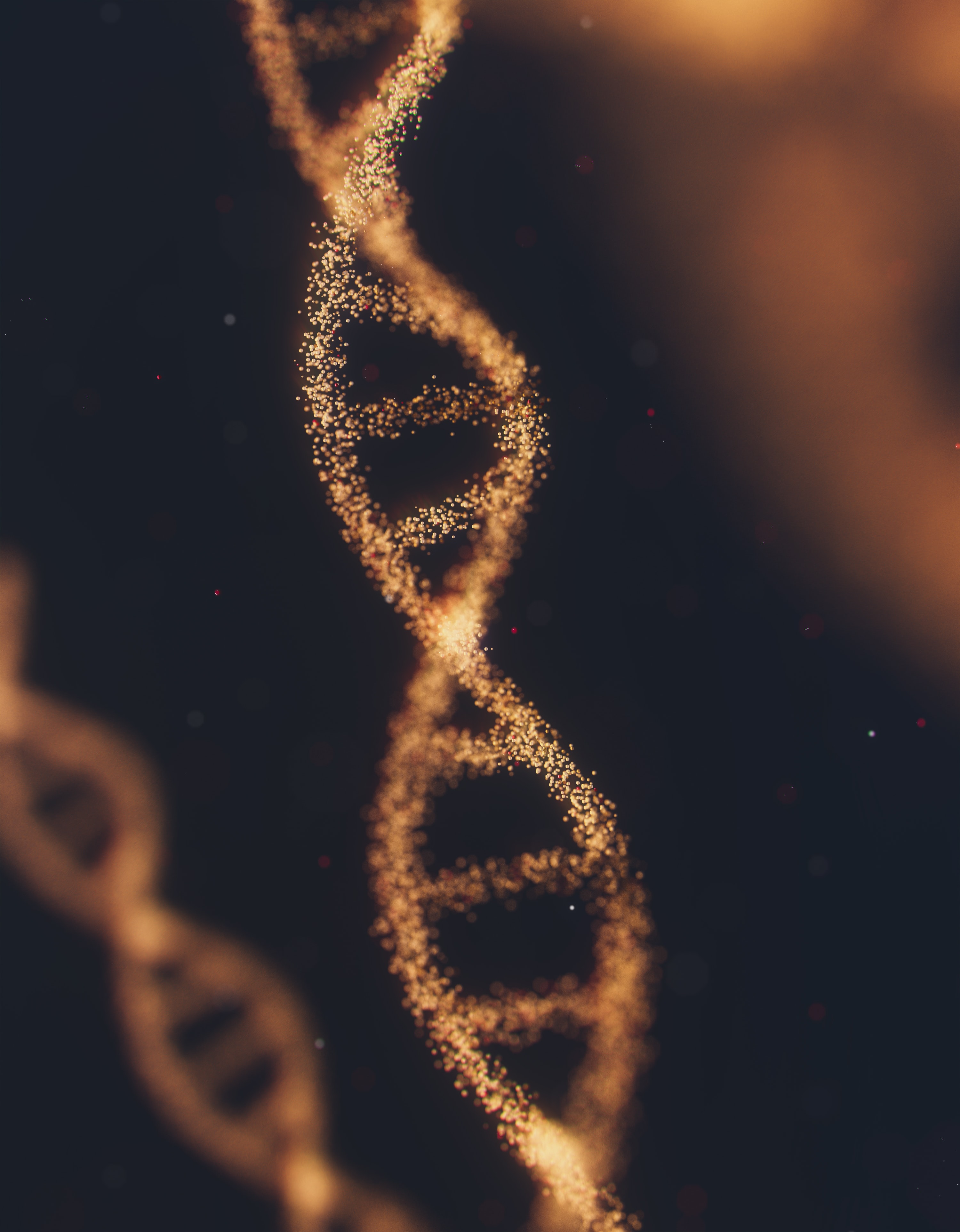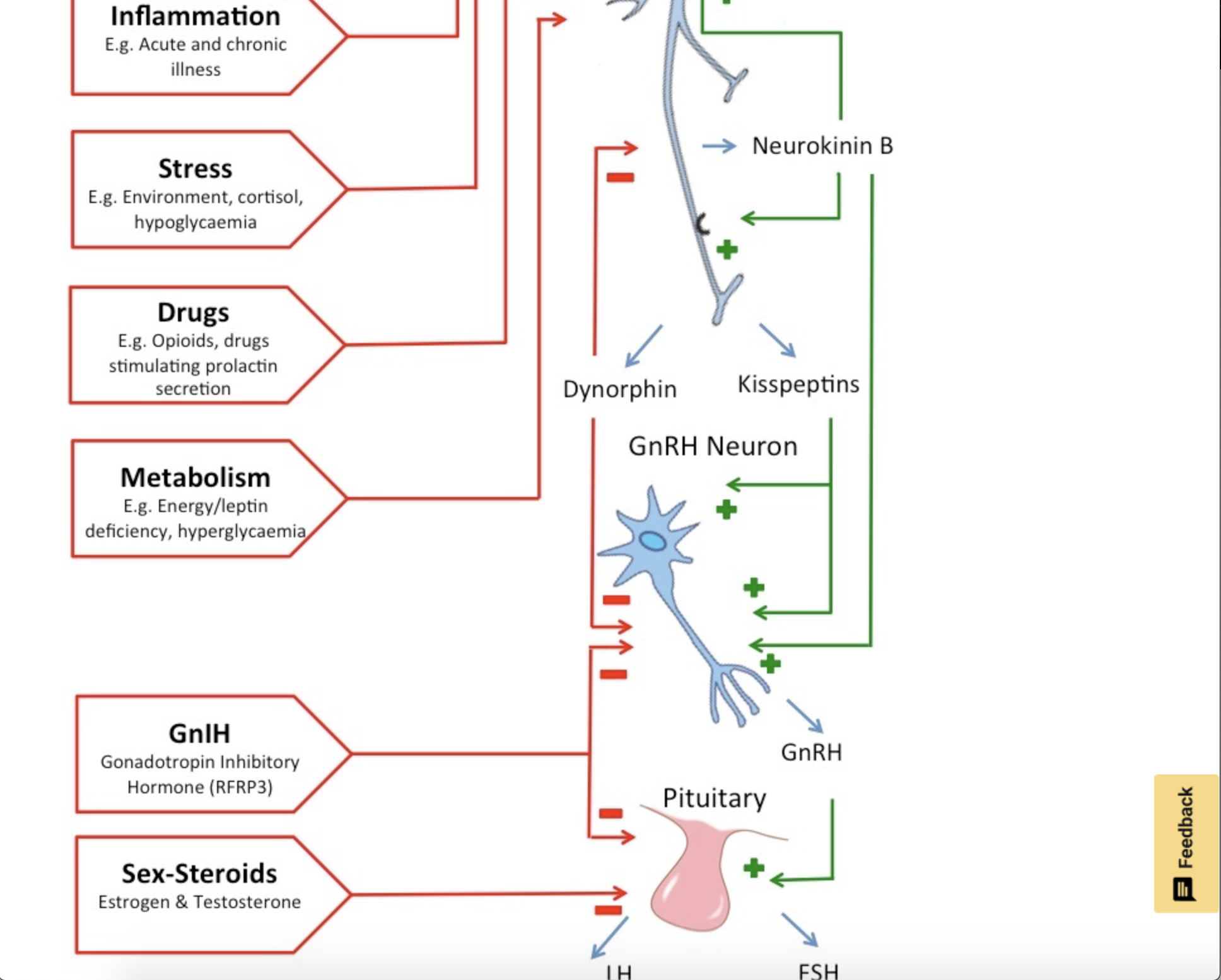Reduce Your Cravings Using These Genetic Hacks
Cravings and addiction can occur in varying levels of intensity and severity and with that they inform us about our neurotransmitter levels and ultimately about our genes. From a purely physical standpoint, cravings are largely a function of the imbalance in neurotransmitters. These neurotransmitters are created and broken down via enzymes which are coded for using genes. By understanding the way our enzymes create and breakdown neurotransmitters, and the genes behind them, we can support the imbalance. As you will see in this article, your altered genetic code allows naturopathic doctors to optimize the imbalanced areas and therefor reduce cravings and addictive tendencies. Is addiction really just about a simple chemical imbalance? Possibly not, so  lets look at this in a little more detail to put it into perspective.
lets look at this in a little more detail to put it into perspective.
Addiction and Cravings
Addiction in its various manifestations fulfill certain needs or desires. Sometimes the need is coming from a physiological imbalance. Sometimes it is on from a spiritual imbalance or lack of connection. And still other times there is a psychological imbalance. No matter where the imbalance lies, the hallmark of addiction is a subconscious desire to alter one's state. The key word here is subconscious which implies lack of choice. Something other than the "self" or conscious mind is in control and dictates the person's actions. For a non-addict this may seem strange but this is what occurs in true addiction. This kind of addiction where the loss of choice is present shares similar traits with its more subtle cousin "craving." The similarity they have in common is a chemical or neurotransmitter imbalance.
Addiction or Self-Medication
Researchers estimate that compared to the general population, patients with mental health disorders are twice as likely to suffer from a drug disorder. Similarly patients with an addiction disorders are twice as likely to have a mental health disorder. Does one cause the other? Are there similar environmental triggers for both that predispose patients to these? In some cases the drug or substance abuse causes the depression, anxiety, or mood alteration. However many times this is an underlying issues that has never been addressed. The lack of addressing the the mood is not because the person is hiding it, but because they did not know their state was anxious or depressed. Many times people are simply not aware of what "normal" feels like because we all have our own internal barometer. This is not to say that everyone with addiction issues have an organic inherent chemical imbalance from birth, but it is very likely that there is an imbalance for one reason or another.Sometimes the imbalance is triggered from the poor choices made through life or through reinforcing poor behavioral patterns (like stealing or bullying etc). These environment triggers then reinforce the desire to change one's state (from the guilt or shame) and in-turn any underlying genetic suseptabilities will further enhance the desire to change one's state. Furthermore, using addictive substances only make mental health issues worse because of the drastic swings from high to low in such a short period. The short term relief one gets only makes the substance more addictive when it wears off. The question is, does the addiction cause the mental health issue or does the mental health issue cause the addiction?
While environmental triggers do contribute to both there is mounting evidence to suggest genetics play a significant role. Lets look at some concrete examples to help put this into context.
Links Between Genetics and Addiction
Genes are the codes our bodies use to create exact replicas of our proteins that make up the inside and outside structures of our bodies. When the gene codes are altered it is called a single nucleotide polymorphism or SNP for short. The effect of a SNP is to change the shape of the protein it codes for . With this change comes a change in the protein function. Sometimes it is slightly changed and un-noticeable and other times it is significant and greatly alters how the body works. The degree of problems each SNP creates depends on what gene is effected and how it relates to all your other genes. When it comes to addiction, the genes that effect neurotransmitter production and neurotransmitter receptor site binding are of particular interest to researchers and physicians working in the field of addiction. Here are some notable SNP's related to mental health and addiction:
Alterations in GABA receptor sites- GABA is the major inhibitory neurotransmitter in the brain and GABA levels correspond with our state of relaxation. Alterations in the gene that code for these receptors are correlated with greater risk for alcoholism. In this situation the person is not able to calm down as easily and therefor craves sedating substances.
Alterations in COMT enzyme - COMT is an enzyme that breaks down dopamine, epinephrine, and other catecholamines. When mutated this gene slows down the breakdown of these excititory neurotransmitters. As a result, patients with altered function of this enzyme are generally more anxious and it has been linked with Bipolar disorder, anxiety disorders, and increased rates of Schizophrenia. In general and as a whole COMT genetic alteration are associated with a state of higher stress levels and hyper-vigilance. There is a tendency to worry more, for example. In many cases people with COMT snp's have more of a craving for sweets as it increase serotonin and helps off-set the high catecholamines.
Alterations in MTHFR enzyme - MTHFR is an enzyme that converts an inactive folate into active folate. This seemingly mundane process can cause significant problems to the way neurotransmitters are produced and broken down when it is altered. Because of this genes impact on neurotransmitters, MTHFR SNPs are associated with depression, anxiety, and addiction (as well as many other problems). How this mutation interacts with other enzyme functions will determine how much impact it has on neurotransmitter balance and cravings.
Treating Your Altered Genes
As you can see there is considerable overlap in these gene function. So just because one alteration is found it does not mean that it is the source of your cravings or mental health troubles. It does mean that it is part of the puzzle that has to be fit into the context of the individual, their life situation, and their other genes. Finding out that you have a problem with your genes can be a scary process since genes are static. However the problems are not so much with the genes but how well the proteins are functioning. In most cases the proteins are enzymes that convert one substance into another substance. The genetic alteration simply means it does this with less efficiency. With modern science we can bypass many of these enzymes by giving the end product in the form of a supplement directly. In other cases the enzyme activity can be enhanced or slowed depending on what we want to do to reach a more balanced state.
The first thing to know is that the genes themselves are not the focus of treatment, the individual patient is. The genes lead us to the answers that help treat your mental health, if there is a problem there. If you struggle with addiction, chances are there is at least some level of mental health dysfunction. The cause may not be related to altered genes but the desire to continuously alter one's state is without a doubt a mental health problem. Understanding where that problem lies and using appropriate treatment interventions at the right time, takes practice, skill and most of all listening.
Knowing how our genes impact our mental health can give profound understanding into these desires and treatment options to break the addiction cycle. While the genes themselves are static and unchangeable the proteins that the genes create are more malleable than one might think. In the practice of nutragenomics, I try to understand the genetic defects that influence behaviors and develop treatment strategy that bypasses and / or pushes these proteins to create the desired outcome naturally. In this new field of medicine lots of questions and some concerns come up. Let me know your thoughts or questions in the comment section below or click on the link for a free consultation.




















